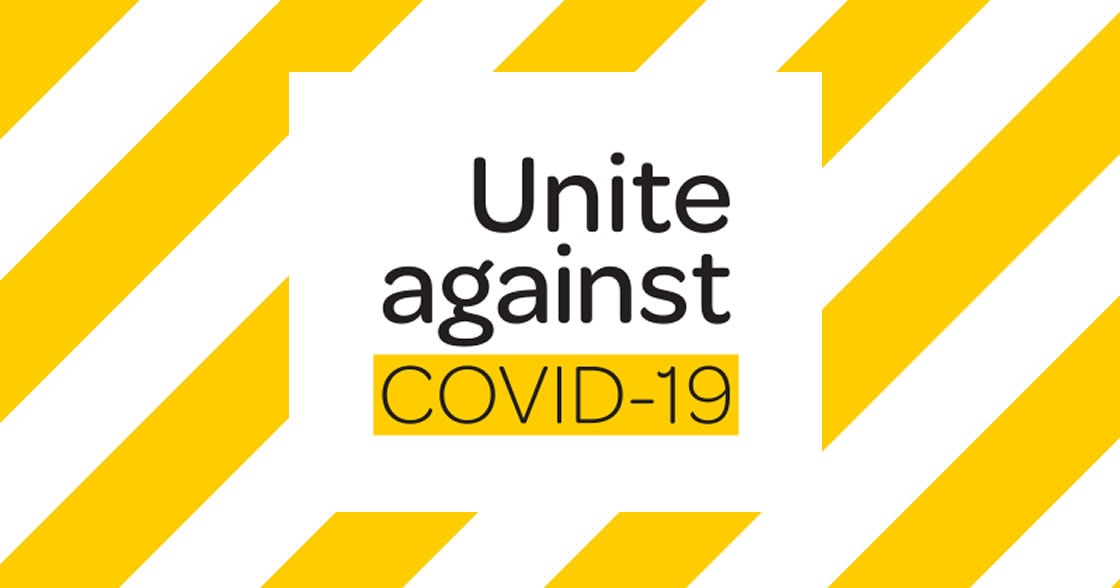
Parents and caregivers urged to watch out for choking hazards
Canterbury parents and caregivers are being asked to keep a close eye on children in their care while we remain at COVID-19 alert level four, to reduce the risk of our tamariki choking if an object becomes lodged in their airway.
With families adjusting to life at home under alert level 4, there is potentially a greater risk of bored or inquisitive children putting something in their mouth that gets stuck or accidentally inhaled, which may require emergency medical attention.
Canterbury DHB Paediatric Surgeon Professor Spencer Beasley says parents and caregivers need to keep an even more careful eye on children now, especially with some families now juggling working and caring for their young children at home.
“Parents and caregivers need to be particularly cautious about children being offered peanuts, especially in the under-six age group where whole peanuts should never be given as they can block the windpipe so the child cannot breathe.
“Other objects that should be kept away from children include the small sticker labels on fruit, tiny magnets, button batteries and small Lego pieces. In the past few weeks alone, we have had two such cases in Christchurch,” says Professor Beasley.
As well as protecting children from choking hazards, avoiding a trip to hospital at this time means they get to stay in their home bubble where they are safest.
Of all the procedures and surgical operations that hospitals undertake, removing foreign bodies from airways is the one of the most dangerous, and carries a high risk for staff during the COVID-19 pandemic.
“It is not just the child who is at risk – if the child brought COVID-19 with them into the hospital environment, it could put an entire surgical team at risk as well.
“We all have a responsibility to ensure our frontline healthcare staff are kept safe,” adds Professor Beasley.
ENDS

